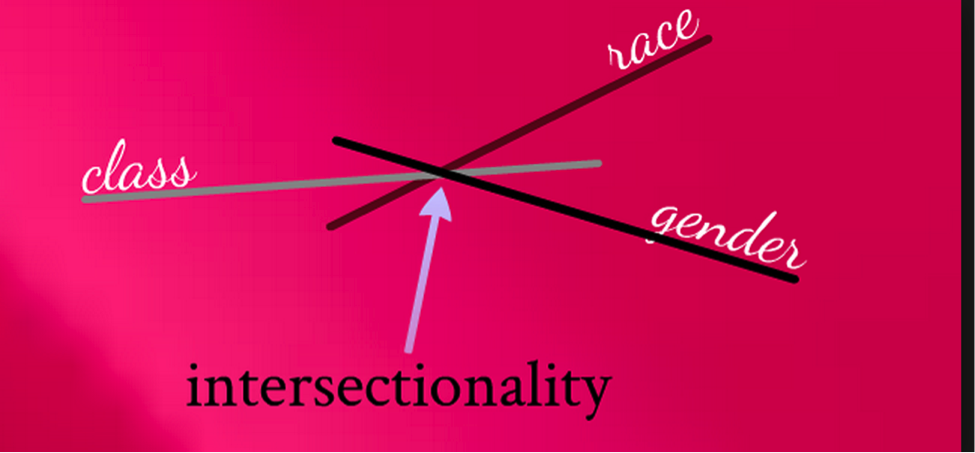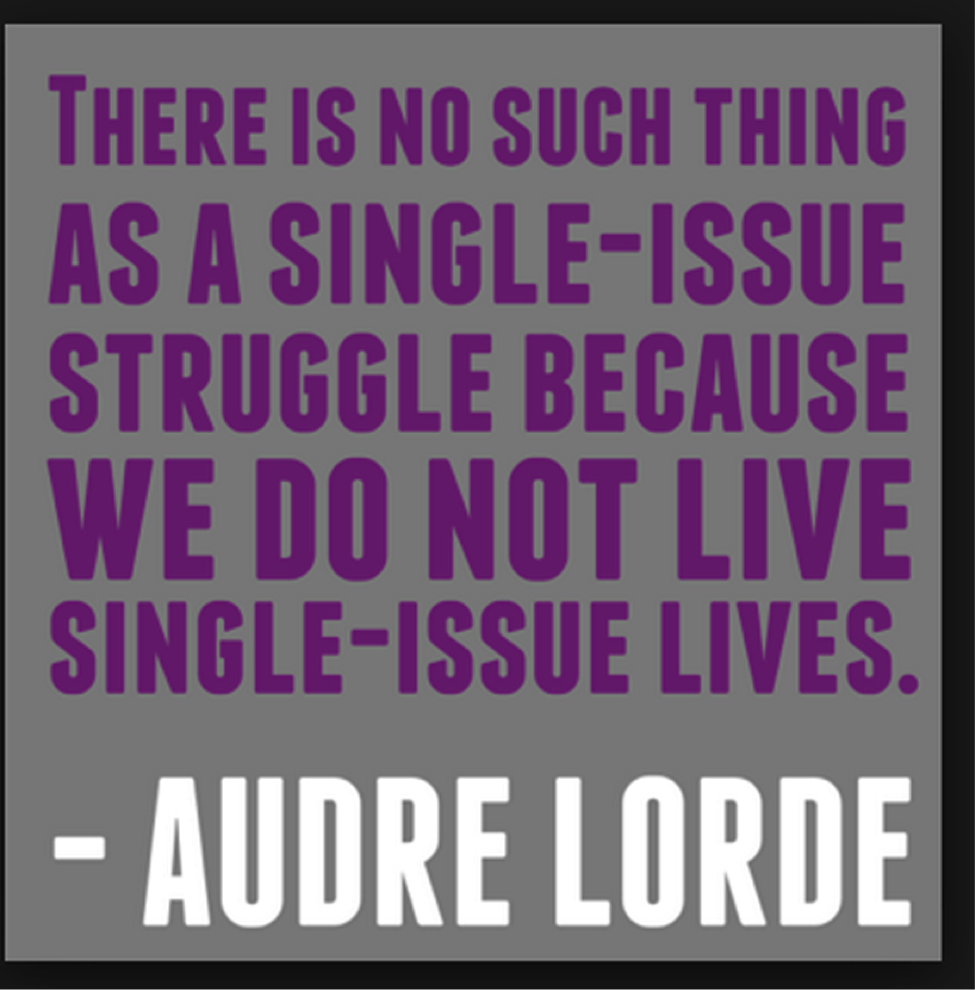myHIN Blog
Category: Health Disparities Articles

July 21, 2013
Why Health? Dad and Me
On May 9, 2012, a 44-year old, African-American male that exercises regularly and eats pretty well suffers from a heart attack. This man is my Father, my Dad, and my best friend. To see him, the man that has given up so much for me, laid in a hospital bed helpless shocked me. I never stopped to think, not even in my wildest dreams, that anything like that could happen. Tip 1: no one is invincible. This situation helped kick start my healthy lifestyle walk as well as wanting to encourage others to do the same. Hopefully this isn’t speaking badly of me, but before and now just a little over a year later, my Dad is more in shape than me. Seeing someone that does more than you in the gym suffer from a heart attack is scary.
My Dad constantly reminds me that we have the same blood running through our veins; we are one in the same and I must be completely aware of the health issues that could arise if I don’t take care of myself. I may pout as he reminds me of this as I lift a burger into my mouth or don’t want to get out of bed to workout, but he’s right and I know he is. I’ll call him my built in accountability partner. Tip 2: An accountability partner is extremely helpful. Get one of those!
To see someone I love in a situation like that, motivated every inch of me to help others as well as myself from having to experience the same thing. My goal is to lift as I climb in my journey which involves teaching, getting the information out there, and getting people involved not just with the project but actively whether it’s walking, running, eating healthy or (hopefully) a combination of it all. So I’ll leave you with Tip 3: GET INVOLVED. Being involved with MyHealthImpactNetwork has helped me stay on course. I can’t possibly motivate others to get healthy if I’m not doing so myself. To speak contradictions is something I choose not to do.
As I look around my community (college and hometown), the information is there but is it being put out there in a way that it is understood or in an outlet used by those it needs to be reached? MyHealthImpactNetwork does that and I’m making myself a part of that. I feel like it’s my duty.

Share

July 14, 2013
Representations of Black Womanhood: Implications in Health
Miami University
Doctoral Candidate
The prevalence of chronic disease for African Americans is substantially higher than their white counterparts. According the National Health Statistics African Americans had higher rates of hypertension, diabetes, and obesity (U.S. Department of Health and Human Services [HHS], 2010). In addition to having a greater risk for chronic disease African Americans experience more complications and endure greater rates of mortality. Although current data indicates that there have been improvements in mortality rates, life expectancy, and disease prevalence, disparities between the races are still substantial.
In the United States data on health disparities is rarely presented in an intersectional manner, edifying race, class, and gender (Kawachi, Daniels, and Robinson, 2005). It is through the use of controlling black female images that the interpellation occurs and health disparities are perpetuated. When individuals connect with images and do not engage them critically we allow dominant hegemonic representations to colonize our minds, shaping our assumptions about ourselves and others (Gauntlett, 2002). The connection between how black women were viewed and the implications it might have on health policy, health education, and individual interaction with the healthcare system has never been directly addressed in health disparity literature. Researchers tend to focus on issues of access emphasizing availability of adequate health insurance, culturally competent healthcare providers, and medical centers (Smedley, 2003). While, addressing issues of access is an important component in reducing health disparities controlling for these factors health disparities still remain.

Controlling for variables such as income, health insurance, and access provides minimal impact on the health of African Americans when matched to white counterparts, so the question must be asked, “why do black women have so many health problems relating to obesity, diabetes, and heart disease?” What part does racist and classist ideological beliefs have on health outcomes? Focusing on the short-comings of health education in regards to enacting positive change in minority communities brings one to the study of black female images. It is through these images that black female identity is viewed and formed, shaping intra-personal and interpersonal development and interaction. The intrapersonal deals with the psychology of the individual delving into how identity and self concept is conceived, and this is important for understanding of how the individual may view self, which provides insight into potential motivations for self-care.
The construction and perpetual use of misrepresentations of black womanhood has left an indelible mark on the American healthcare system. As an African American female the relegation to subservient and deviant roles is assured; for the female staring as the jezebel or the mammy is the best that can be expected. Reiterations of these representations play out on the news, television shows, magazine covers, and movies. Visual, auditory, and social text displaying these controlling images almost seem inescapable. Text provides a specific discourse about race, class, gender, and sexuality, and while the viewer is able to pick and choose the text that he are she interacts with the process of mediating the messages that are received is not entirely possible. Living in a perpetuate world of performance due to the white gaze African Americans loss ‘self’ taking on the embodiment of the oppressor’s image of other. This internalization of mammy or jezebel requires the African American woman to perform her ascribed role. The role of the mammy as it relates to self-care does not allow space for the black woman to acknowledge her mental or physical health. The role of the mammy is to care for the needs of others and sacrifice herself for the good of others. The jezebel on the other hand has no real regard for her health or that of anyone else. Her function is to seek pleasure and satisfy her temporal desires. Both images construct identities disconnected from self in the sense that one is unable to be attuned with what is needed to become and remain well. Likewise, many of the other representations of black womanhood suffer from this lack of attunement due to being conflations of old representations of slavery, reclaimed oppressive images, or images constructed in binary opposition to hegemonic representations of white superiority.
Resolving health disparities becomes far more than simply providing education and access, it hinges on identifying racism and acknowledging the cultural and political power that racist images and narratives have in our social ecological spheres (Shavers, 2006; Sanders-Phillips et. al.). Understanding the intentions and motivations behind health behaviors of the marginalized comes with deep exploration of those oppressing acts and representations that serve to colonize and recolonize (Speight, 2007). A stripping away of oppressor hegemonic cultural narratives must be undertaken and empowered counternarratives constructed from more authentic afrocentric spaces must occur.

Follow us on Tumblr tumblr.myhealthimpactnetwork.org
Follow us on Twitter @myhealthimpact
Share

April 10, 2013
The Problem with Black Women’s Health
Dominant. Independent. Bitter. Empowered. Manipulative. “I can do bad all by myself”. Superwomen. Stubborn. In denial. Ladies, what do these characteristics describe? These words or phrases are often used to label African American women. Whether we categorize these features under positive or negative connotations, there is unfortunately some truth behind every single one of them. African American women are hard- working, dedicated, educated professionals but we tend to put everyone and everything before ourselves. We want the best for our families and friends, which tends to become our overall mission of life, and forget about our own personal image and health. In many cases, African American women are single parents or just self- reliant individuals who metaphorically develop stern, powerful mindsets as their defense from real and perceived attacks. We go hard on ourselves since we automatically fall within the lower rank in American society; being classified as “double wammies” since we are female AND of the racial minority.
The number one health-related issue that black women deal with is cardiovascular disease. According to the National Stroke Association, one half of all African American women will die from stroke or heart disease. The death rates from heart disease and strokes for African American females are double those of White and Hispanic females. Our culture also tends to continuously struggle with health problems associated with obesity and high blood pressure. From overworking ourselves and fighting sleep, to insisting that we are in good health (bitterness), all of these cultural aspects play a role in our refusal of medical assistance when we need it most.
“Too many of us are just as crazy, walking (or running) around in denial, ignoring signs (headaches, exhaustion, dizziness, vision changes, weakness, numbness) that should send us to the doctor, not to the office or the car pool or off on that next ‘all important’ business trip. We are in denial about the real impact of our obesity, our smoking, drinking, and lack of exercise…all women should remember that whatever power we each possess is rooted first and foremost in our health. We work so hard to control so much and we’re always up for a challenge. Fine! Here’s a challenge! Commit to spending more time and attention controlling—and caring for—yourself.” (Caroline Clarke, Black Enterprise: Wealth for Life)
Share
In Partnership with: Poole College of Management, College of Humanities and Social Sciences, National Science Foundation, Penn State
Take Action, Get Tested: Find Your Local Testing Center Why Get Tested?
